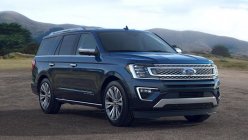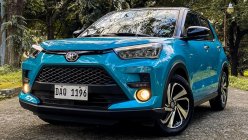Private vehicles are not the only target of efforts towards emissions-free mobility. Even public transport is bound to shift towards sustainability, a goal that three of Japan’s major automakers are striving to achieve.
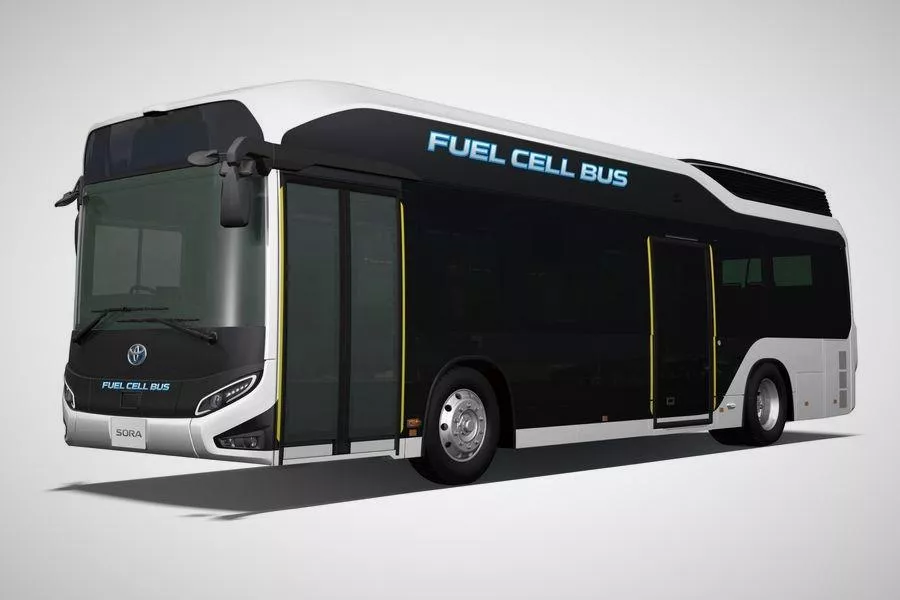
Toyota, Hino, and Isuzu are teaming up to develop both battery-electric and fuel cell electric buses
Toyota Motor Corporation announced a partnership with its subsidiary Hino Motors Ltd. and rival Isuzu Motors Ltd. in developing an electric bus. This will utilize a flat-floor layout spanning the length of the vehicle, aiding in ingress and egress of passengers such as the elderly and persons with disabilities.
The move is reportedly in collaboration with Commercial Japan Partnership Technologies Co. Ltd., which has been utilizing CASE technologies (Connected, Automated, Shared, Electric) in addressing social issues.
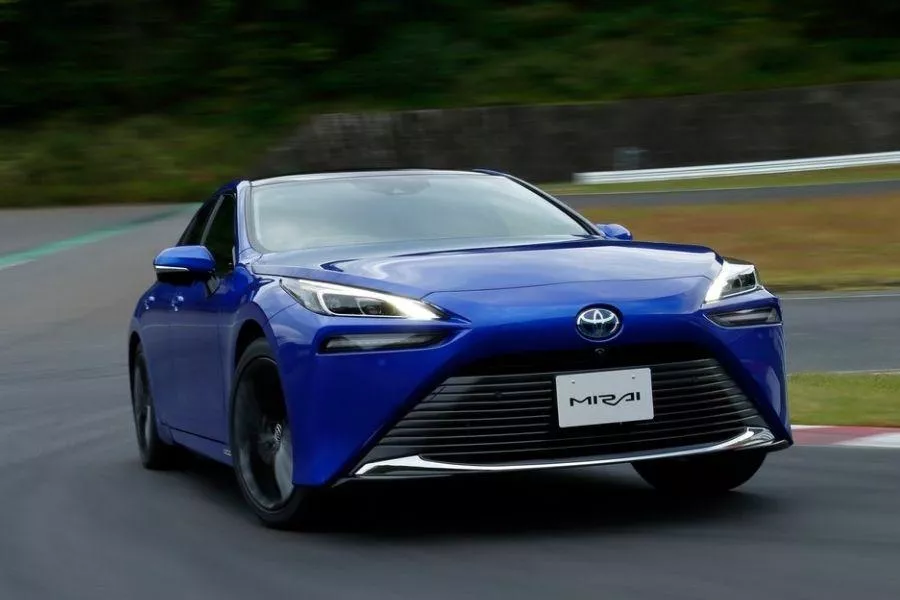
The proposed FCEV flat-floor bus will feature a powertrain used by the Toyota Mirai
Under the terms of the agreement, Isuzu and Hino will form the J-Bus Ltd. joint venture, to collaborate in producing battery electric vehicle (BEV) flat-floor route buses by 2024. As the two companies have been working together in the bus industry since 2002, both intend to respond to market demand for zero-emissions bus routes.
Isuzu will develop the vehicle, adopting a BEV powertrain that brings zero emissions during use. Moreover, the company intends to take advantage of the flexible layout to expand the flat-floor area compared to similar units that use a combustion engine, improving travel safety.
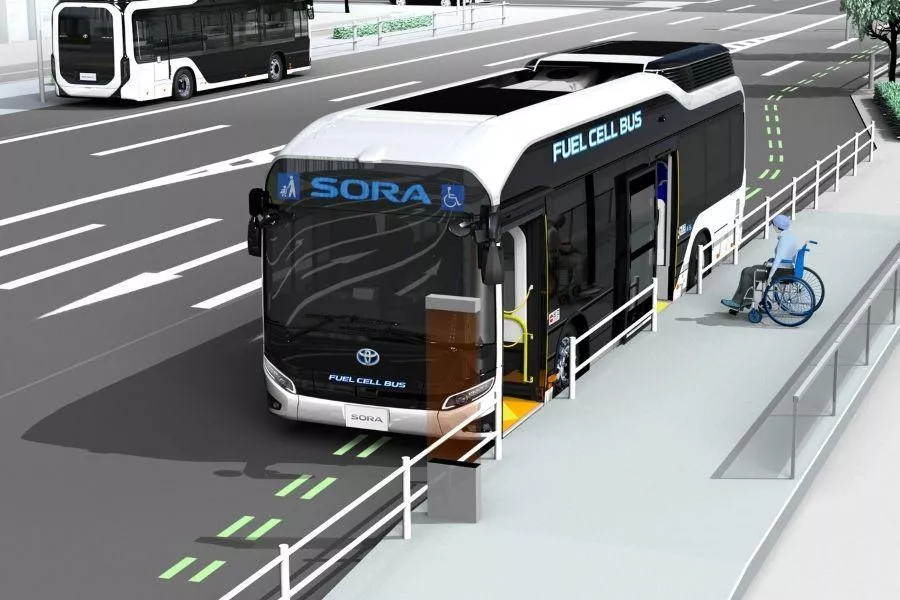
These buses will feature CASE technologies for intelligent and safer travels
Apart from using batteries, Toyota will also join Hino and Isuzu in studying the planning and development of next-generation fuel cell electric vehicle (FCEV) buses. These units will reportedly combine the BEV flat-floor platform with the fuel cell system that Toyota currently uses on the Mirai luxury car and SORA (Sky, Ocean, River, Air) bus, with the latter expected to provide the template in terms of mobility, intelligence, and safety.
Both the planned BEV and FCEV flat-floor buses will share components, which the three automakers aim will contribute to reduced development and maintenance costs. The bigger objective for Toyota, Hino, and Isuzu will be attaining a hydrogen-based society in Japan.
Know which automakers are working together for a better world at Philkotse.com.
Know more about Toyota

For the local market, Toyota Philippines offers 22 car models. The most affordable of these is the Toyota Wigo hatchback. Toyota also has three sedan models namely the Vios, the Corolla Altis, and the Camry. It then has one entry to the pickup truck segment, the Hilux. For coupes, Toyota Philippines offers two models: the GT 86 and the Supra. The Toyota local SUV segment has four models. These include the Fortuner, Land Cruiser, and Land Cruiser Prado. The Toyota MPV segment for the Philippines has three models: the Avanza, Rush, and the Innova. Then there are two Toyota vans in the Philippine market: the Hiace and the Hiace Super Grandia. For hatchbacks, there's the Wigo, the GR Yaris, Prius, and the Yaris, while the minivan segment then has the Alphard. And lastly, the crossovers sold by Toyota include the Corolla Cross, and the RAV4.
Here at Philkotse.com, we provide the complete Toyota Philippines Price list for 2023, which we update on a monthly basis. Besides that, we also list the latest and hottest car promos ranging from low monthly amortizations, cash discounts, and low downpayments.
For more information about the Toyota Philippines price list for 2023, as well other details regarding the brand, continue below.
Recent posts
- toyota unveils 15 upcoming evs Dec 15, 2021
- toyota global market not ready evs Nov 19, 2021
- toyota other automakers join forces Sep 27, 2021
- toyota carbon neutral 2035 Jun 15, 2021
- Toyota is developing hydrogen-powered cars Sep 16, 2020


